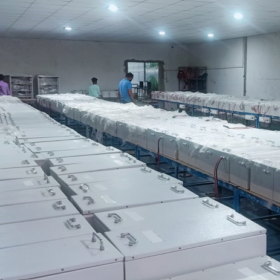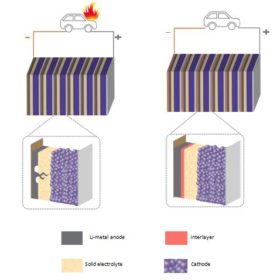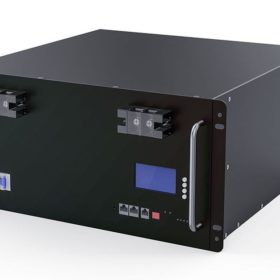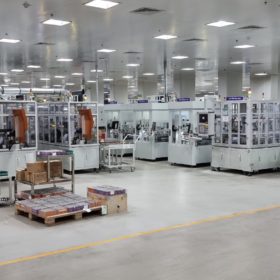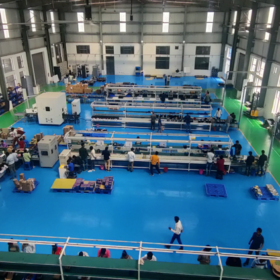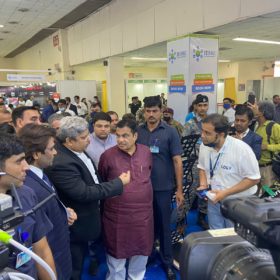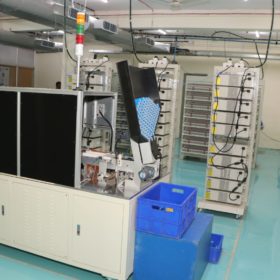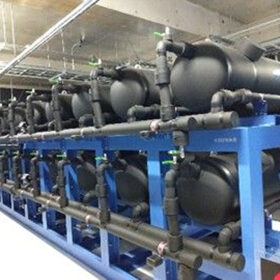Sanvaru plans new lithium battery plant as orders exceed capacity
Haryana-based Sanvaru is expanding its lithium battery production capacity to 400 MWh per year by setting up a new factory in Haridwar.
Indian researchers find way to stop dendrites in solid-state lithium batteries
Researchers from the Indian Institute of Science, Bangalore, have found that nanoscopic refractory metal layers like tungsten could improve dendrite growth tolerance in electrolytes of solid-state Li-ion batteries. The team collaborated with researchers from Carnegie Mellon University.
BatX Energies raises $1.6 million to expand battery recycling
Vikrant Singh, co-founder and CTO of BatX Energies, told pv magazine that the company would use the funds to scale up its capacity, with plans to launch material production from end-of-life lithium batteries on a commercial scale. It will also set up recycling units in different geographies to locally produce black mass – a mixture of battery anode and cathode materials – and ship it to its India facility for battery material extraction.
Indian manufacturer unveils lithium inverter batteries with solar storage
Rajasthan-headquartered Natural Battery Technologies has developed lithium-based inverter batteries that can be charged with solar power. The batteries are designed for residential and commercial use, with storage capacities typically ranging from 1.5 kWh to 20 kWh. The company can offer other sizes, too, according to customer requirements.
EV battery can reach 98% charge in less than 10 minutes
Enovix has shown that its US-made silicon anode lithium-ion batteries can charge from 0% to 80% in just five minutes.
Replus to switch on 1 GWh lithium battery plant by March 2023
Hiren Pravin Shah, the executive director and CEO of Replus, told pv magazine that the company aims to scale its lithium battery factory in Pune to 5 GWh by 2025-26. It also plans to recycle end-of-life batteries.
Nexcharge’s 1.5 GWh factory to make at least 150 storage products
Nexcharge will manufacture lithium energy storage products for electric vehicles and grid-based applications at its newly opened plant in Gujarat.
JLNPhenix Energy expands lithium battery capacity to 550 MWh/year
Noida-based manufacturer JLNPhenix Energy has expanded its lithium battery manufacturing capacity in India to 550 MWh/annum, with the addition of a 150 MWh/year plant in Maharashtra.
Transport minister calls for needs-based research on battery storage
India should focus on developing and manufacturing battery storage chemistries that are locally suitable in terms of economic, environmental and social considerations, Minister of Road Transport Nitin Gadkari said at India Energy Storage Week 2022 in New Delhi.
ITP Group opens 100MWh lithium battery factory
Based in Gurugram, the plant will produce customized lithium battery packs for electric vehicles and stationary energy storage applications, including solar. The production capacity will be scaled up to 200MWh/annum by December end.
